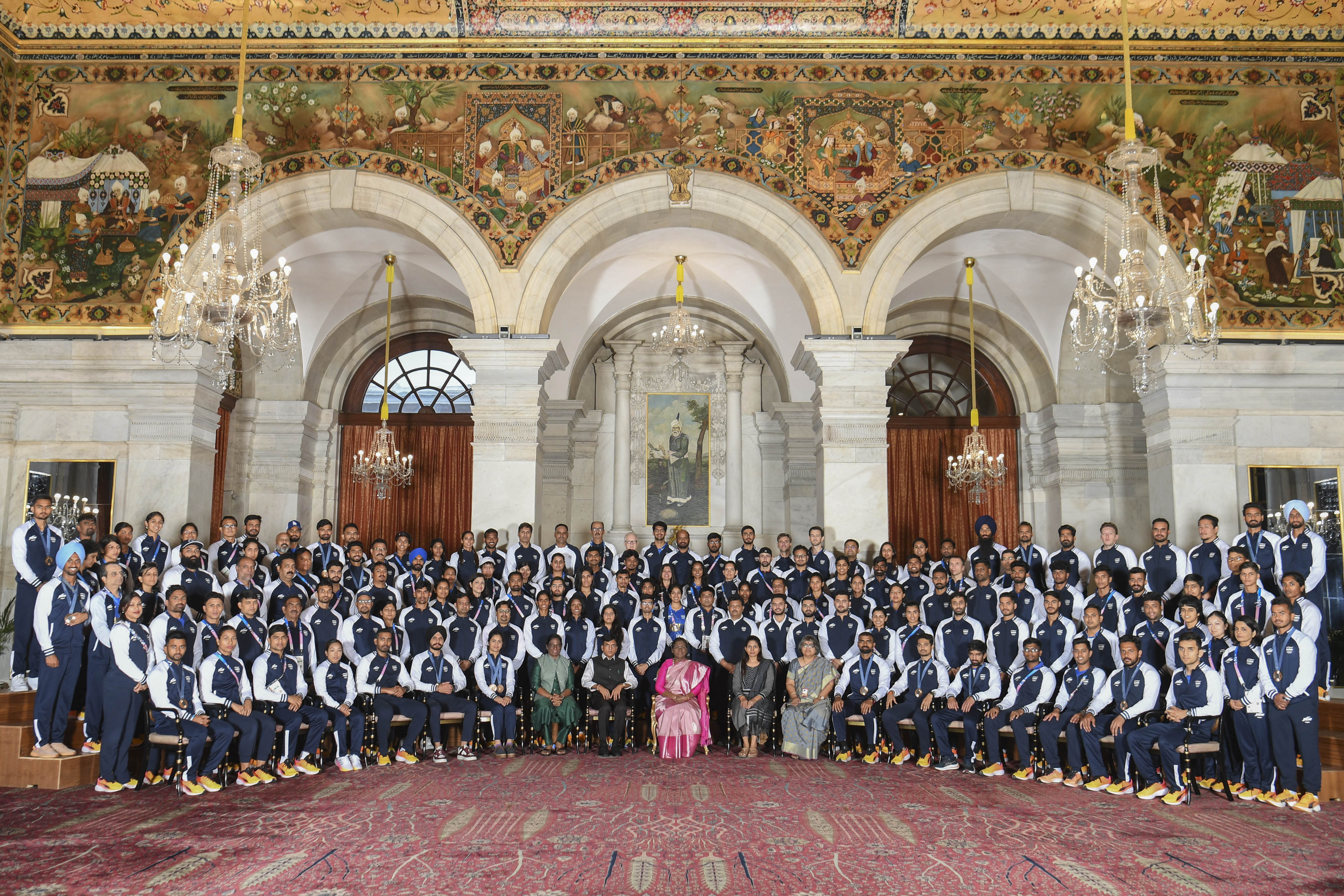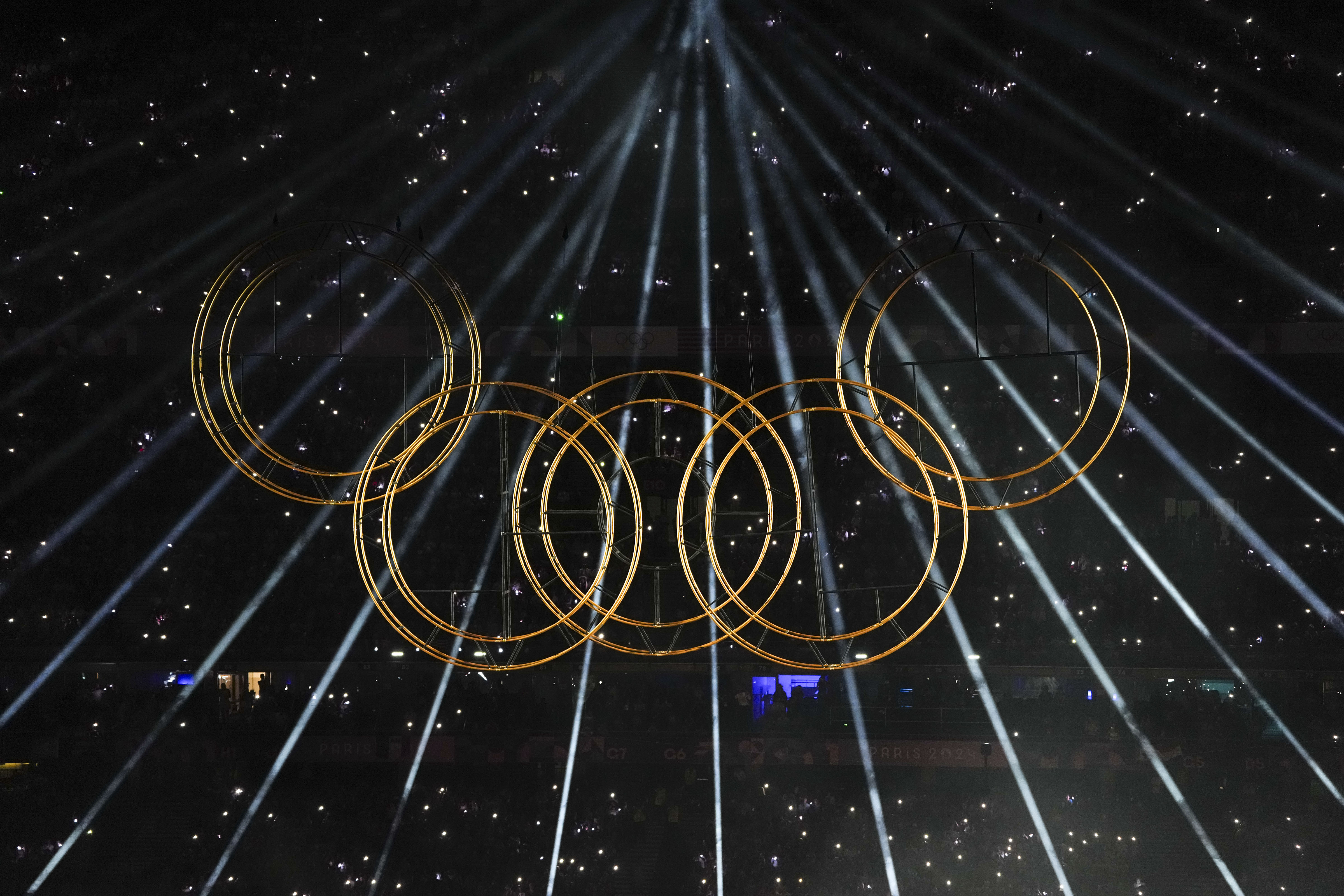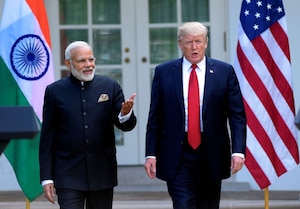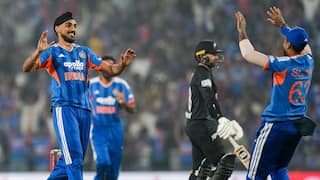Opinion | Paris 2024 Was Awful. India Needs This Audacious 4-Track Plan To Turn Things Around At Olympics

The Olympics are over. Again. India won six medals, including one silver. The brilliance of individual performers was celebrated as such heroism must indeed be celebrated, sometimes even in defeat (or disqualification). Behind the veneer of hopeful headlines, there was palpable disappointment too. After all, having won seven medals in Tokyo 2020, including a gold, we were hoping to get into double digits at the least, or maybe get two golds. But that wasn’t to happen. Our global rank went from 48 to 71, our worst in terms of pure rank since India joined the first games 124 years ago – on a par with Atlanta 1996 and Sydney 2000.
That doesn’t quite go with our much elevated national self-perception in the last decade, however. In fact, even in Moscow 1980, we ranked 23 owing to just one precious gold. And though we won 1 gold, 2 silvers and four bronzes in the Tokyo 2020 games, our rank was 48, also underlining the fact that much as our own haul has grown, that of others has been growing faster. As the red queen said, “we must run as fast as we can, just to stay in place. And if you wish to go anywhere you must run twice as fast as that”.
However, the real elephant in the room is something else. A nation of 1.5 billion people and the world’s fifth largest economy (on the way to becoming the third) needs to be at least in the top 20. Now that would mean a medal haul of at least 20 with 3 or more golds. Just in case that looks too high, China got 91 metals including 40 golds, and Uzbekistan got 13 metals with 8 golds. So, a haul of 20 medals with minimum 3 golds is the bare respectable minimum for India. And we have a good four years to go.
ALSO READ | Independence Day 2024: PM Modi Says, 'It's India's Dream To Host 2036 Olympics'
A Big Leap
But the truth is, as things are, it’s impossible to hit that goal. We all know that too well. (And the worst is we have accepted that, and that’s why much of the talk has focused on a few extra medals here and there, rather than asking the real questions).
We know it’s impossible, because for us to go from 6 metals to 20 is a big leap. And that big leap won’t happen, because you can’t be doing the same thing over and over again with a touch here and a little boost there and expect the results to be different. Our problem is incrementalism, where what we need is a disruptive approach.
Why really have we made this embarrassing peace with incrementalism to only be reminded every four years, what ridiculous underperformers we are as a country, when it comes to Olympics (with deep respect to the heroes who do shine despite all)?

Our massive population coupled with the diversity of people, physiques, lifestyles and mindsets means that getting the right raw talent is certainly not the bottleneck. The lack of sporting culture in the country is also complete bunkum. If a country of 26 million people like Australia can get 53 metals, we certainly have 26 million people in this country, who love and respect sports, even outside cricket.
Is cricket then responsible for somehow taking away all the focus and glory from the Olympics? It doesn’t make sense again, because there isn’t a single country in the top 20 that doesn’t have large spectator sports – sometimes more than one - that dominate everyday passions and mass indulgences. So, then, where is the problem really?
Fiefdoms And Warlords
The naked truth is the problem lies in our enabling sports machinery. The whole approach, the attitude, the incentive system, the men and women manning it need a complete relook. Much of our sports infrastructure was built by the government, and they seem to be run like vast bureaucracies, are primarily designed for control and mandate, and are heavily greased by discretionary favours. It often tends to become a network of fiefdoms and warlords, for whom securing top-notch talent, a systematic yet brutal focus on global competitiveness, and creating a great ecosystem for players and coaches to single-mindedly devote themselves to their skill, are frequently a charade, not a priority. It’s a complex web of self-perpetuation, where, in many places, any free agent and catalyst will either be expunged quickly or be subsumed in the morass of compromises and be compelled to play along. The system needs to be turned upside down. So, what can we do, really?
Now, any ambition that begins with the need to ‘solve India’ is a non-starter. There is a way we work in the country – good and bad - and that’s not going to change overnight. However, what we sure can do is solve for the Olympics, and, in the process, for sports in general. And though some of these ideas may feel audacious, nothing short of a step-changing audacity is needed in order to resolve this disturbing gap between our national self-image and the naked reality, which requires oodles of EQ to come to terms with.
First and foremost, put athletes and coaches at the centre of this universe. Athletes are the heroes-in-making and coaches are the experts who know what it takes and know how to get there. Every coach except those who got medals for their work needs to be fired and a white-paper assessment of their quality needs to be carried out by a truly impartial body, which needs to comprise neutral leaders with a record of global competitiveness. If needed, we can look outside India and be able to secure the best coaches in the world – people who have actually done it in the past. Coaches should be the micro-entrepreneurs totally free to select their own managing unit, with temporary but highly rewarding contracts completely accountable to the medal tally, and nothing else. Towards that, they should be vested with full powers to identify, train and develop talent. They also should be able to earn the respect and loyalty of players for their commitment, their expertise and their ability to guide and mentor. Nothing short of world-class benchmarking will do here. This would be the holy grail of our efforts.
Administrators and support staff need to take a step back. They should be evaluated for providing a smooth, neutral and constructive environment – a physical, mental and emotional stage – where the coaches and athletes have to worry about nothing but the game. In order to ensure that the assets and resources themselves don’t become the main play, the enabling staff must either be transferable or contractual – and most of it bound for the large part to our performance at the Olympics and their contribution to it. All traditional politicians and their hangers-on need to stay off the field, and high-performance military and paramilitary officers, corporate executives and actual athletes should be running the show with discipline, competitiveness and context.
A second track should comprise the co-option and outsourcing model based on private academies and clubs. A system should be forged to allow them easy access to the public facilities and funding against stringent performance criteria. Ex-athletes, ex-officials and sports-loving entrepreneurs should be allowed to turn into Olympic entrepreneurs, where they get seed funds for showing promise, plan and some good talent in hand. Thereafter, funding like series A, B and so on can be done by the government for achieving different milestones on the way to a medal. It will entail calibrated risks and incentives. Those who deliver build credit in the system that allows them to access funds more aggressively. This entire system needs to be run like a start-up ecosystem and should ideally be run by people with actual venture capital experience.
Apart from the government track and start-up track, a third track should comprise corporates. All major corporates should be encouraged to take up at least one Olympic sport on a public-private partnership basis with the private corporations in the driver seat. Such a set-up should be run like the private sector – efficient, competitive and resourceful. New infra such as stadiums can be built with such a partnership, and local tournaments across the country can be professionally organised on a semi-commercial basis to encourage, as well as identify, high-potential athletes. Our tribal areas are a deeply underleveraged source for athletic talent. Mining companies can in particular build privately run sports schools that nurture such athletes from a young stage. Corporates that do a great service in this area should be celebrated for bringing the medals home. Shipping, fishing and offshore drilling companies can focus on swimming, while automotive and telecom companies can focus on track sports and so on.

Performance, Performance, Performance
A fourth track can comprise parts of the larger government apparatus that has had organised sporting culture in the past, but somehow much of it doesn’t work enough for Olympics. Army, paramilitary forces, police, railways etc can be provided a whole new incentive system from the top-tier down to the athletes for bringing Olympic medals to the country. Funds need to be allocated adequately to support the enabling infrastructure. However, all funding needs to be variable with a return-on-investment criterion. Set-ups that can’t bring medals should entail removal and replacement of relevant officials and coaches, in an all-for-one-one-for-all approach.
ALSO READ | Thank You, Vinesh Phogat: The Golden Girl Of India Without A Gold Medal
The four tracks – and, within them, independent operating units with an entrepreneurial accountability to bringing medals, and the career and fortunes of every person involved closely linked with the actual Olympic performance – would mean continuous competition for funds, scale and recognition, and a brutal meritocracy. It’s very likely that not all units and not all tracks will do great, and some will have a longer burn and will need adjustments to collaboration and incentive models. But having four independent tracks helps the country manage its risks in the overall medal haul. It also helps benchmark and cross-fertilize best practices all the time. We will need a heavy dose of coaches, advisers and managers from the top performing nations for the next 10 years at least, so that we can reset the incumbent cultures around the ecosystem. And these foreign catalysts need to be supported by our own leaders – wherever they may come from – cherry-picked for the best intention, context and fire in the belly.
Prashant Kumar is an author, media strategist and CEO, and a commentator on media, economy and strategy
[Disclaimer: The opinions, beliefs, and views expressed by the various authors and forum participants on this website are personal and do not reflect the opinions, beliefs, and views of ABP News Network Pvt Ltd.]




























